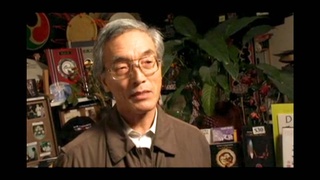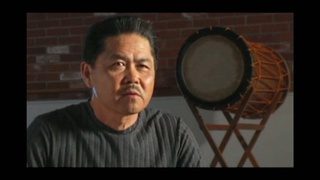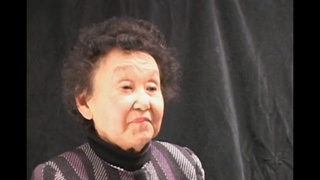Interviews
Obon and the community
I never missed an Obon, especially at Paia Mantokuji because that was the family church. So my parents would always bring me home during the summer for Obon. So, I always continued to play even through college. Then, when I came home for good and having started dating my future husband at the time, when I came home I realized that as I was attending these Obons, the community was aging at the Obons, actually, because there weren’t younger children and families that were attending Obon. And the dancers were of the aging population. And I felt sad about that, because I felt that if there’s a way to help encourage the younger children to get involved, then we knew for a fact, the tradition would continue. So, after I married and my husband was so involved in taiko, we sort of went on a mission to try to get the younger generation to come out to Obon.
Date: July 9, 2004
Location: Hawaii, US
Interviewer: Art Hansen, Sojin Kim
Contributed by: Watase Media Arts Center, Japanese American National Museum





